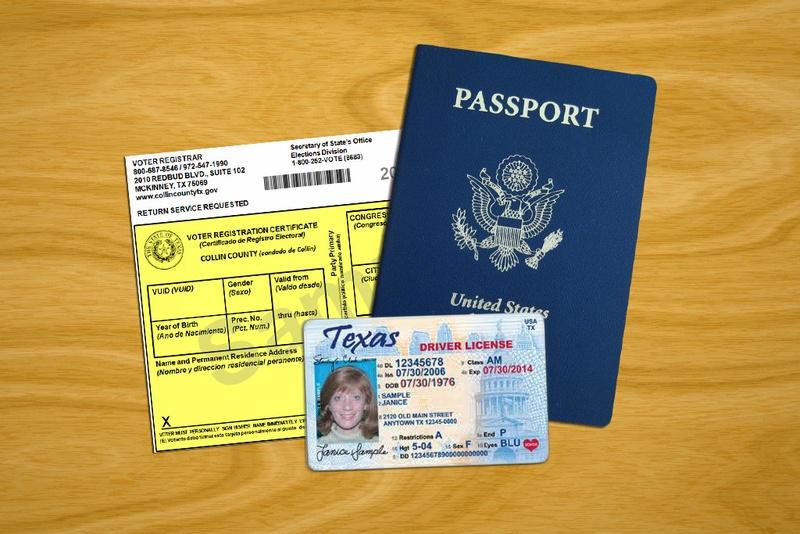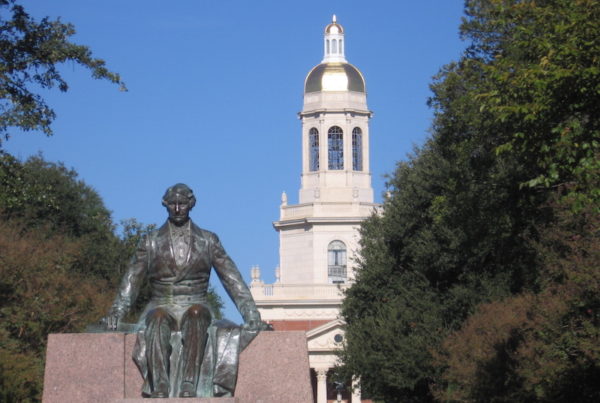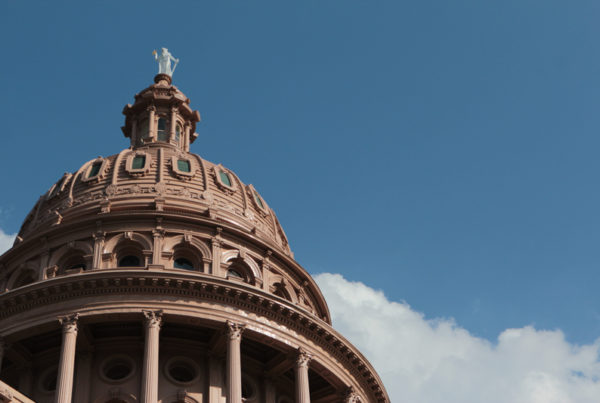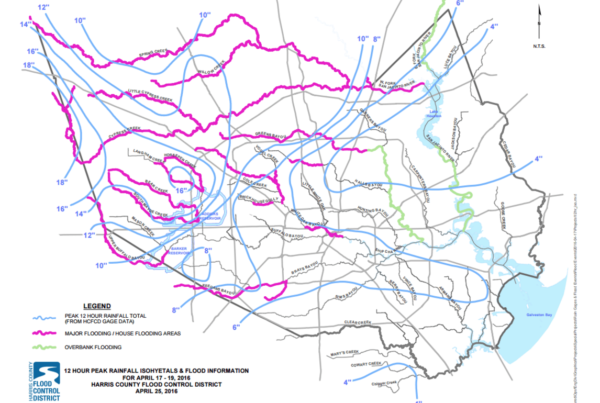From KUT:
On Tuesday a federal appeals court will take a second look at Texas’ controversial voter ID law. It’s one of the biggest voting rights battles ahead of this year’s presidential election, and a ruling from this court could be a final say on whether the state’s law is in violation of the Voting Rights Act.
This will be the second time the Fifth Circuit Court of Appeals hears the case Veasey v. Abbott. This time, all 15 active judges on the court will weigh in. The case was brought by a coalition of Texas voters and civil rights groups who say a state law requiring photo ID at the polls is unconstitutional.
“It’s the first major case that has gone up on appeal to challenge a voter ID law based on Section Two of the Voting Rights Act,” says UT law Professor Joseph Fishkin.“So, that’s a different kind of claim, and it’s a claim that’s specifically about whether the law hurts racial minorities to elect their candidates of choice.”
Politics Professor Daniel Smith of the University of Florida has done extensive research on how voting laws affect voter turnout during elections.
“I think it’s very clear that if you look at Texas as well as all the other states that have adopted these very strict photo ID laws for in-person voting, that it is going to have a depressing effect on the ability of some individuals to turn out to vote.”
Smith says there are a lot of hidden costs when lawmakers restrict what kind of ID you can show at the polls. For one, he says, the Texas law makes it harder for college students to vote because the short list of accepted photo IDs doesn’t include school IDs, and Smith says that’s not the only example.
“There has been quite a bit of evidence – not only in Texas – but also in places like North Carolina and Wisconsin, in Kansas, in Alabama, that people who do not have the type of IDs that are required in those states tend to be poor, they tend to be minorities, they also tend to be elderly.
And because other states have recently passed laws like this, Smith says the Fifth Circuit’s impending ruling is going to have “reverberations” throughout the rest of the country. Fishkin says he sees this issue going all the way to the country’s highest court.
“This is an important precedent-setting case. I can’t predict whether the Supreme Court will happen to take this one or another on, but the Supreme Court will probably take a case about the voter ID and the Voting Rights Act Section Two question,” he says. “And this is currently the biggest and most important of those cases, so I certainly wouldn’t be surprised if the Supreme Court took it.”
But let’s say someone appeals the decision, and it does go to the Supreme Court – only eight justices currently sit on the court since Justice Antonin Scalia’s passing in February. And if there’s a tie vote, that means whatever justices decide after the hearing Tuesday will be final say on Texas’ voter ID law.
















